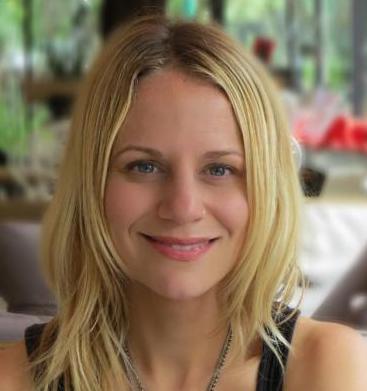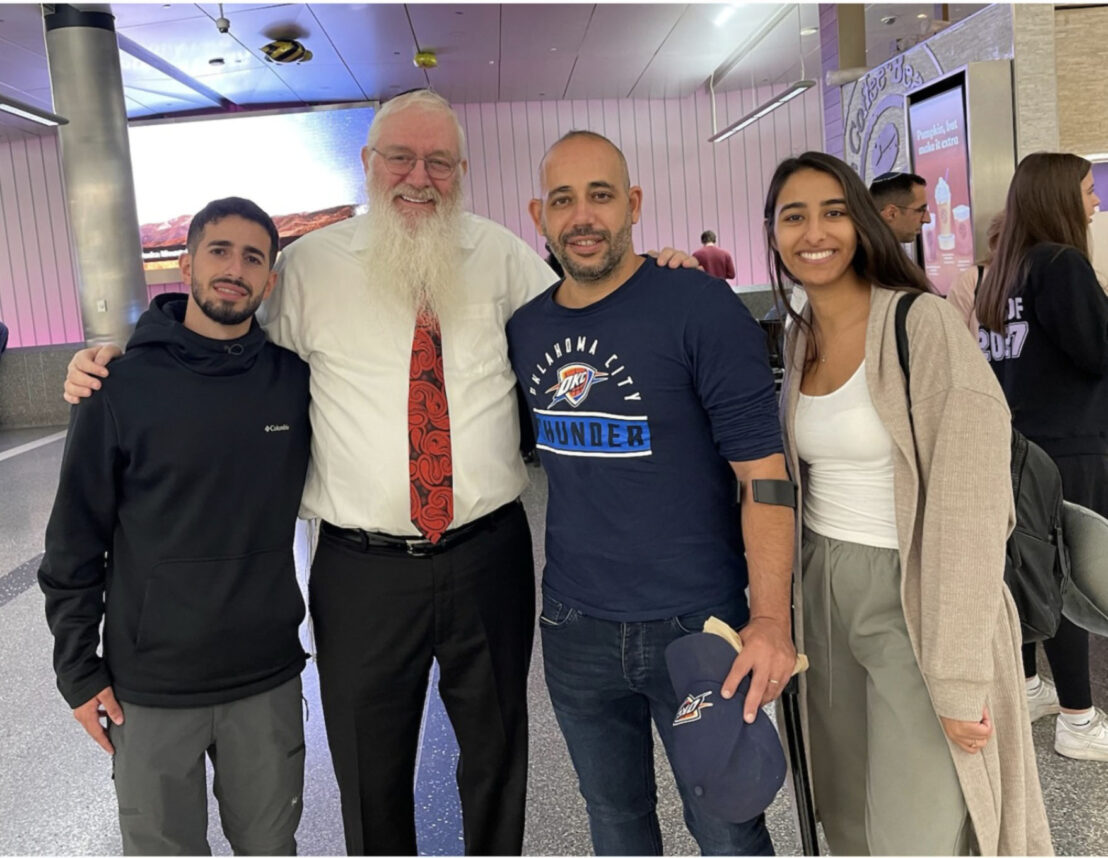
My partner is from Jerusalem. He was born there. So were his parents. And his grandparents. He traces his roots in Jerusalem back to the fourth century. He is from one of the oldest communities living in the land. But this was the first time he could vote.
He received his citizenship only a month ago after waiting seven years in a Kafkaesque bureaucratic limbo. Seven years. When he began the process, he filled out his application exactly as asked. But a few months later, they changed the application, so they voided his. And then they made him wait a year to reapply. The next time he applied after waiting an entire year, they said he hadn’t turned in the right papers, even though he had.
“We are sorry but you will need to wait another year to apply.”
Again.
He was fed up, but instead of giving up, he fought and he sued the Ministry of Interior through the High Court. And finally he won his case and his passport and his right to vote for the party that oversees his life. And on March 2, we went to vote.
So many choices:
“Bibi habibi! He’s going to win, anyway.”
“Lieberman is the man. At least he is honest about being a racist.”
“Maybe Shas. They take care of the poor, even poor Arabs.”
“Khalas; the system is corrupt anyway.”
So many choices in an embattled political landscape. But I promised him ice cream if he voted.
Most voting places require that you live in the same area, but there a few polling spots open to everyone as long as you provide your ID number and address and father’s name. And so he did. We created quite a stir.
He was fed up, but instead of giving up, he fought and he sued the Ministry of Interior through the High Court.
“It’s my first election,” he told everyone.
“Where is he from?” the security guard by the polling place with the black yarmulke asked.
Meanwhile, a crowd had assembled behind us.
“Jerusalem,” I answered.
“Why couldn’t he vote?”
“He isn’t Jewish.”
“But he lives in Jerusalem. He should be allowed to vote.”
“Our government only lets citizens vote, and unless you’re Jewish if you’re from East Jerusalem, you aren’t a citizen unless you apply, and even then they don’t grant it to everyone.”
“That’s stupid,” the guard said. “He should he allowed to vote if he was born anywhere in Jerusalem. United Jerusalem.”
By this time, there were a dozen people in line — a light-skinned woman with a tumble of red curls and a peace sign tattoo; an ultra-Orthodox man with a natty white beard and three grandchildren at his side; an Ethiopian Israeli soldier with a yarmulke.
“It’s his first time voting,” the guard said. “He just got his citizenship. He’s from East Jerusalem.”
“Wow. All the respect,” the ultra-Orthodox man said.
“Congratulations,” the soldier said.
“Maybe he will bring luck and we will finally have a good government,” the woman with the red curls said.
I watched him take his envelope and walk to the big blue box. From behind the box I heard a shout: “Khalas, Sarah, What are these letters?”
The ballots aren’t always clear. Each party gets letters assigned to it and they don’t always make sense unless you are versed in the minutia of Israeli politics.
“Sarah, I don’t want to vote for Bibi habibi. Where’s the other guy?”
The voting monitors laughed and one said, “Leave your envelope and come outside and your girlfriend can explain to you which party is which.” So he did. The security guard gave him a pen so he could write down the letters on his hand.
In a country where everyone hates waiting, people waited for him. Not only did they wait, they waited patiently, and even smiled and patted him on the back. After all, he had been waiting his whole life to do what he should have been allowed to do from the beginning.
He cast his ballot for the first time. And then we got ice cream to celebrate.
Sarah Tuttle-Singer is an author and the new media editor at The Times of Israel.





















 More news and opinions than at a Shabbat dinner, right in your inbox.
More news and opinions than at a Shabbat dinner, right in your inbox.